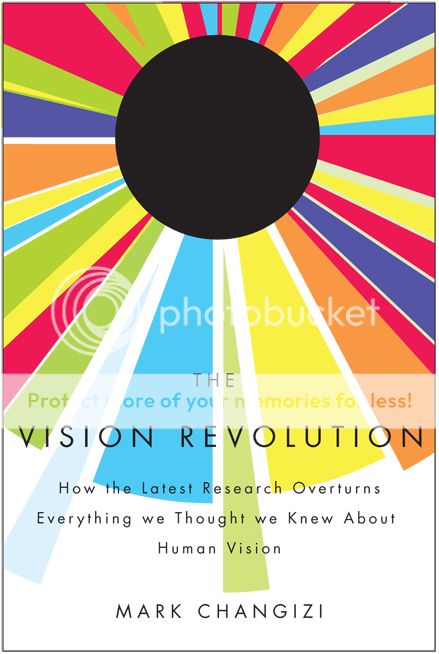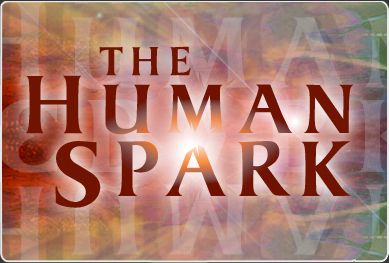Guest Article: The Idea-Monger: No Genius Required by Mark Changizi (Podcast)
May4

The Vision Revolution by Mark Changizi. ©2010 BenBella Books, all rights reserved
Dr. Mark Changizi, a cognitive science researcher, and professor at Rensselaer Polytechnic Institute, is one of the most exciting rising stars of science writing and the neurobiology of popular culture phenomena. His latest book, The Vision Revolution, expounds on the evolution and nuances of the human eye—a meticulously designed, highly precise technological marvel that allows us to have superhuman powers. You heard me right; superhuman! X-ray vision, color telepathy, spirit reading, and even seeing into the future. Dr. Changizi spoke about these ideas, and how they might be applied to everything from sports stars with great hand-eye coordination to modern reading and typeface design with us in ScriptPhD.com’s inaugural audio podcast. He also provides an exclusive teaser for his next book with a guest post on the surprising mindset that makes for creative people. Read Dr. Changizi’s guest post and listen to the podcast under the “continue reading” cut.
Bad Education: New PBS Science Mini-Series Missing ‘Spark’
Dec2

The Human Spark ©2009 PBS, all rights reserved.
The Human Spark is a new three-part documentary special on PBS in which Alan Alda soldiers after the genetic and cognitive elements that make him smarter than your average chimpanzee. In the first episode, he travels to numerous archaeological sites and many of the world’s finest research centers to look at how humans diverged from neanderthals and why we’re the ones writing the history books. Episode two tracks a series of experiments on chimpanzees and human children to illustrate the psychological differences. The final installment shows off some of the latest brain imaging studies and and linguistics research to postulate a theory on the nature of the ‘human spark’. With an interesting scientific premise as a basis, a hot field in which a lot of exciting, new information has been discovered within the last decade, and financial sponsorship by the Alfred P. Sloan Foundation, one of the most generous and prestigious in all of science, this should have been a knockout for PBS. Sadly, the finished product is merely another example of a strong concept with poor execution, punctuated by bloopers that the documentary’s creators were too pressed for content to take out.

















